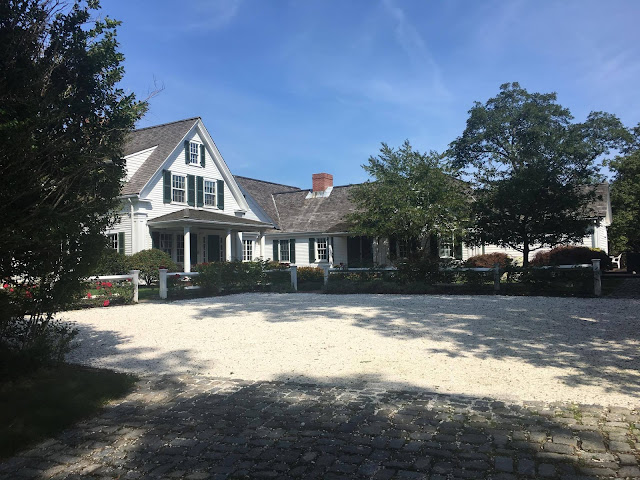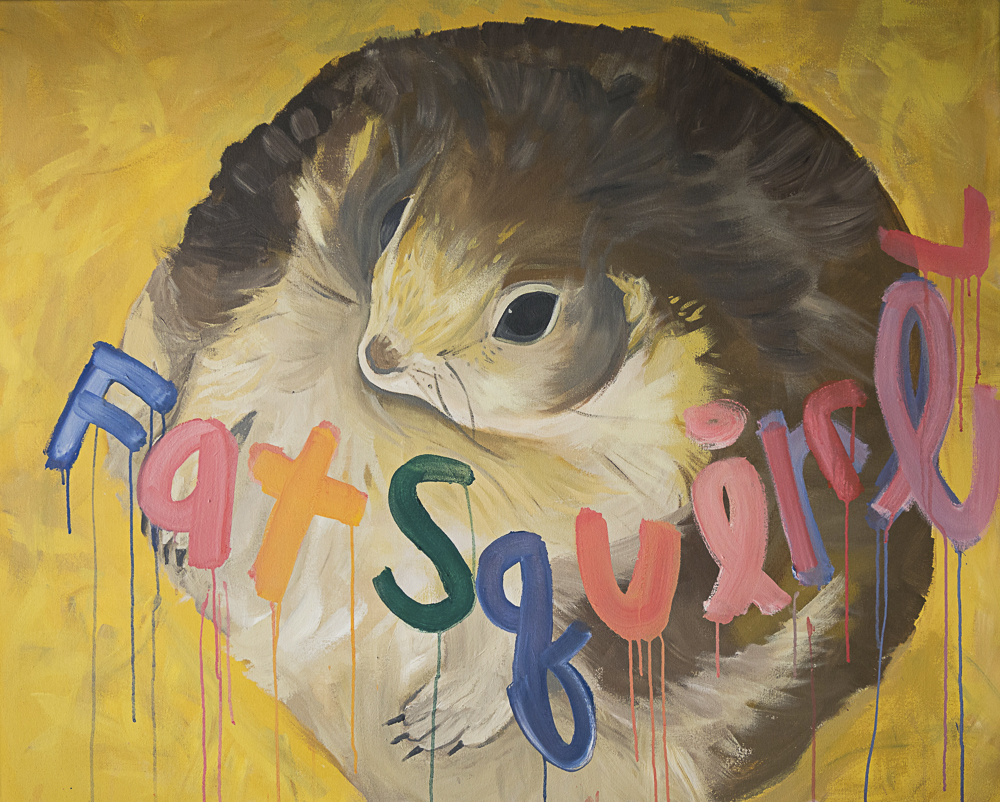Right now I'm waiting for software to download and feeling slightly annoyed / angsty / frustrated because of a *IS&T doesn't understand Docker* issue[1] that I'm currently waiting to get resolved before getting back access to the server our research is on, how annoying debugging in Android studio is, and how terrible the cheap tablet we bought is (we purchased it a week ago for testing purposes, I left it plugged in on my computer overnight, and now it won't turn on).
11/19, 11:18 PM Update: I'm feeling a lot better about the computer vision project ♥
[1] To be fair, IS&T has good intentions because the clusters in csail with GPUs apparently have been taken over by bitcoin miners in the past, and they are taking precautions to make sure that there aren't any security holes. I understand their concern. I just feel frustrated about how the situation impacts me.
[2] Princeton is very different from MIT. I feel like there is a greater emphasis on appearances there and some classicism. For example, there were students working in the dinning hall to help pay for their tuition. I can't imagine how they must feel, serving and cleaning after their friends...
Because I haven't written anything in so long, and I'm sitting around waiting, I decided to write a blog post and vent so that I can stop feeling sad.
A lot has happened since the last time I've written anything. My friends and I got into Sandbox and have been spending most of our time working on our project, I went to Scaling Bitcoin recently (which you can read about here), and last week we went to HackPrinceton. At HackPrinceton this time, we tried to work on something semi-related to our research, but the project was just way too difficult to finish in two days, so we punted and had a great time exploring[2] and meeting up with a friend from high school instead.
In addition to these trips, I've continued to work on the computer vision project with Jingwei and am feeling a little blue because the project is facing some challenges that I'll need a lot of time to figure out, and I feel like I never have enough time. I feel some stress about the project since Jingwei and I are planning on submitting a paper in March and we need results from our research.
This semester, I have two very exciting, more long-term, projects that I've been working on with my friends, and I feel frustrated about how much time my classes take up since I get more out of my projects and learn a lot more, yet I never feel like I have enough time in the day to work on them. Finding the balance between doing ok in my classes and working on the projects that I care about is extremely difficult. I just want more free time and space in my head.
I feel like taking classes is good for people that don't know what they want to do because it lets them discover their interests, hence why I took so many AP classes in high school. But the projects that I'm working on right now have much greater consequences if they work out, and as a result my classes have become something excruciatingly annoying I have to deal with that I don't care very much about at all.
Despite all of this, I'm happy that I have things that I care about to work on, and I'm looking forward to the future and IAP (when I'll have more free time).
Signing off.
11/19, 11:18 PM Update: I'm feeling a lot better about the computer vision project ♥
[1] To be fair, IS&T has good intentions because the clusters in csail with GPUs apparently have been taken over by bitcoin miners in the past, and they are taking precautions to make sure that there aren't any security holes. I understand their concern. I just feel frustrated about how the situation impacts me.
[2] Princeton is very different from MIT. I feel like there is a greater emphasis on appearances there and some classicism. For example, there were students working in the dinning hall to help pay for their tuition. I can't imagine how they must feel, serving and cleaning after their friends...
























